Data from a global study confirms that well-being and mental health suffered during the Covid-19 pandemic. Researchers from the University of Basel and the University Psychiatric Clinics Basel (UPK) have analyzed the Swiss data together with an international group of authors.
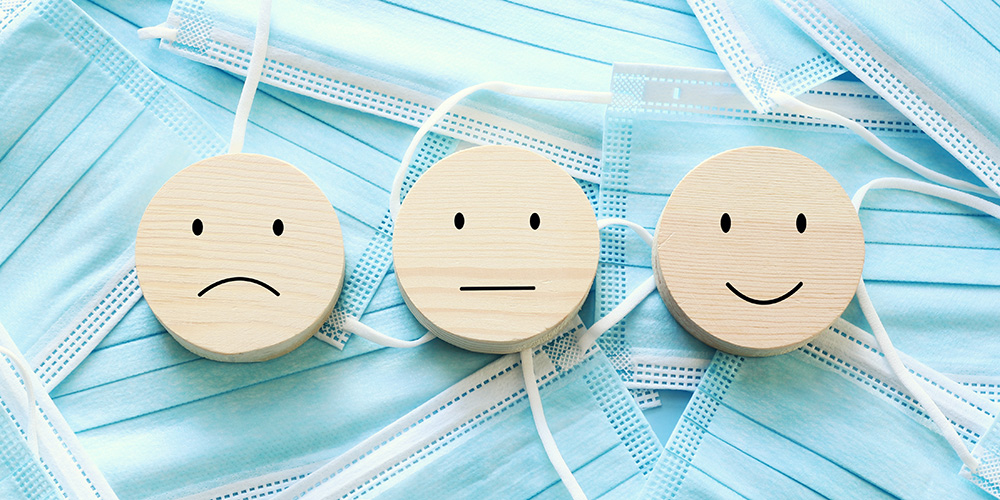
Researchers at the University of Basel and the ETH in Zurich have succeeded in changing the polarity of a special ferromagnet using a laser beam. In the future, this method could be used to create adaptable electronic circuits with light.
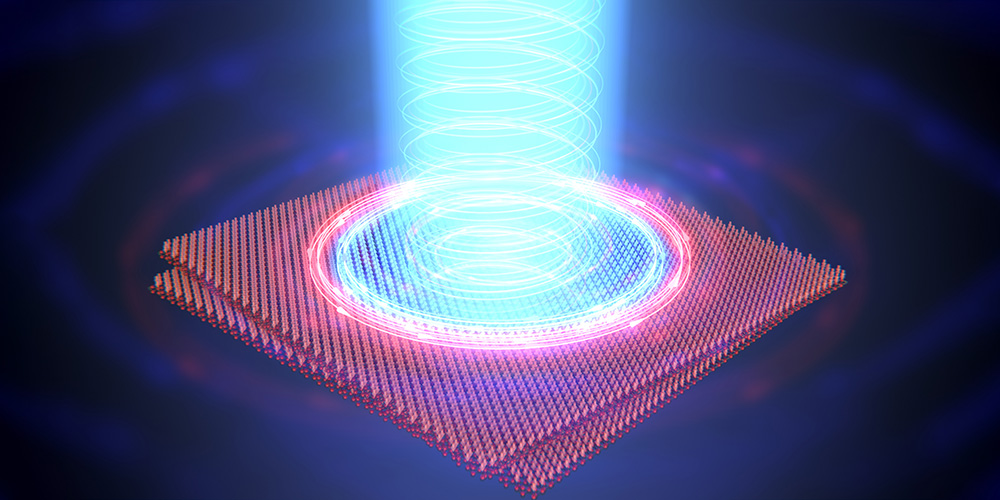
Researchers at the University of Basel and the Laboratoire Kastler Brossel have demonstrated how quantum mechanical entanglement can be used to measure several physical parameters simultaneously with greater precision.
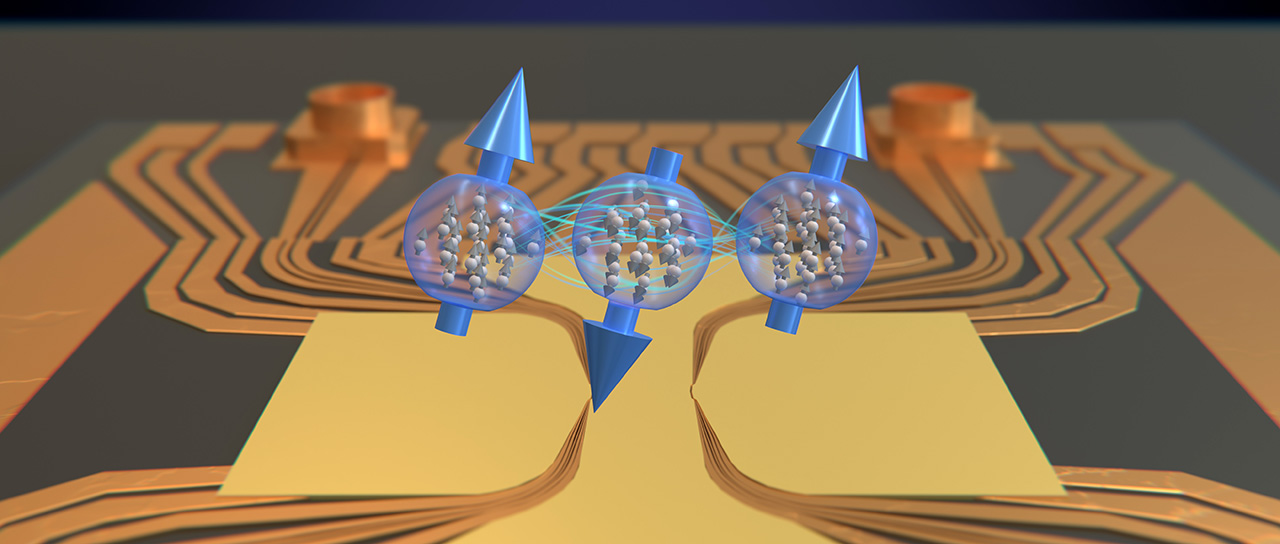
Researchers have deciphered the diet of an important nomadic people in Eastern European history. By analyzing dental calculus, they have provided the first direct evidence that the diet of the Scythians included milk from various ruminants and horses.
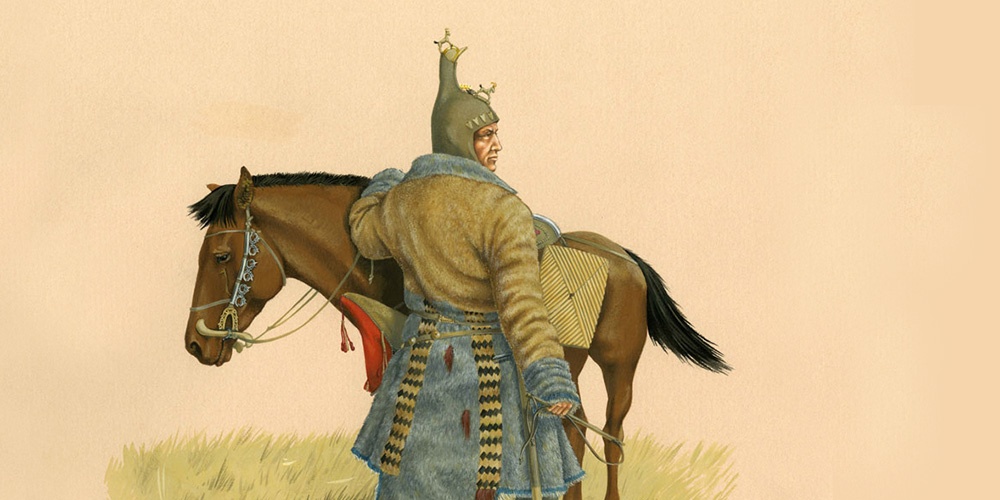
Fluoride is used worldwide to prevent tooth decay. However, health concerns are raised, particularly in places where fluoride is added to drinking water. An international research team involving the University of Basel has evaluated data from over 11 million births and reached a clear conclusion.

For the first time and with unprecedented accuracy, a team of researchers from the University of Basel has observed unique energy flow mechanisms in a semiconductor material following excitation by extremely short laser pulses. Gaining a better understanding of these energy flow is vital for improving the efficiency of electronic devices and computer chips.
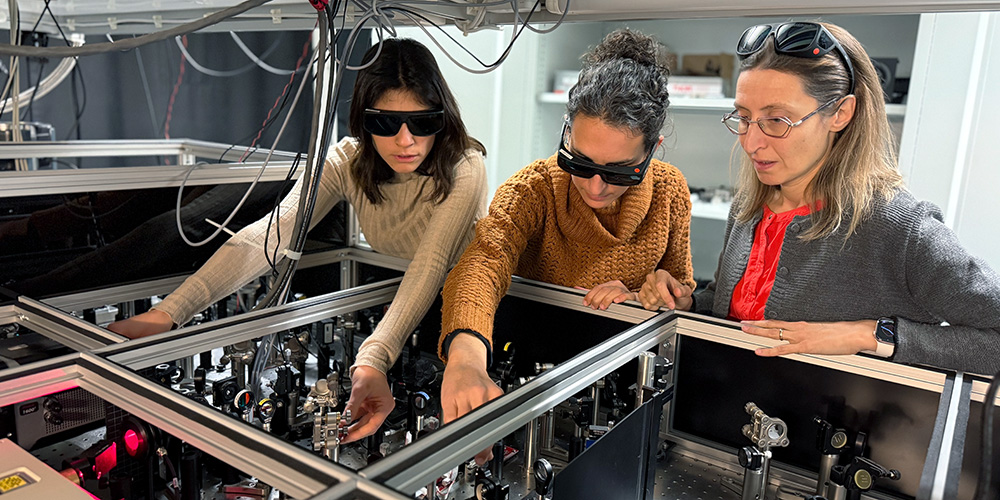
Environmental phenomena and their consequences can disrupt social structures and destabilize political systems. An interdisciplinary research team demonstrated this using the example of the late Tang dynasty in medieval China.
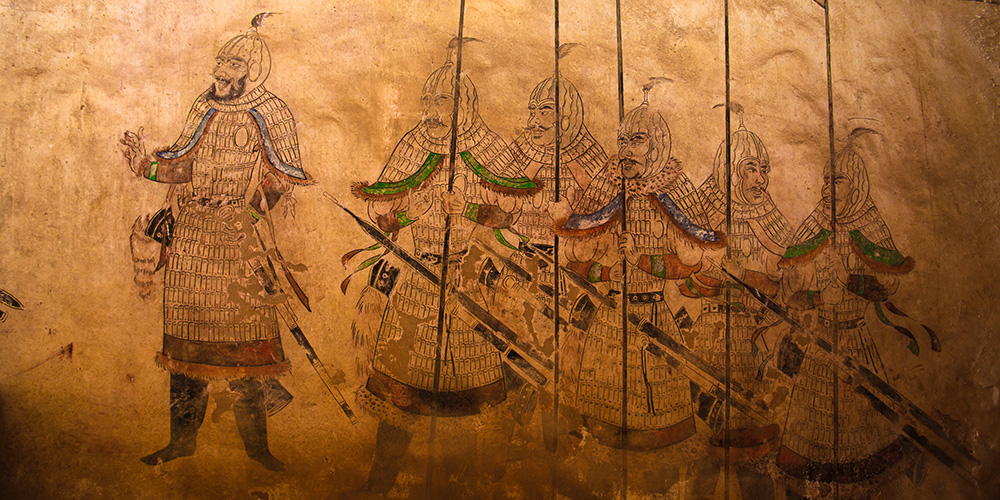
Autoimmune diseases such as multiple sclerosis arise when the immune system turns against the body itself. Yet for most of them, it remains unclear why this process begins. Researchers have now identified how the Epstein-Barr virus can, under specific conditions, initiate early multiple sclerosis-like damage in the brain. This offers a new perspective on how rare immune events may shape disease risk.
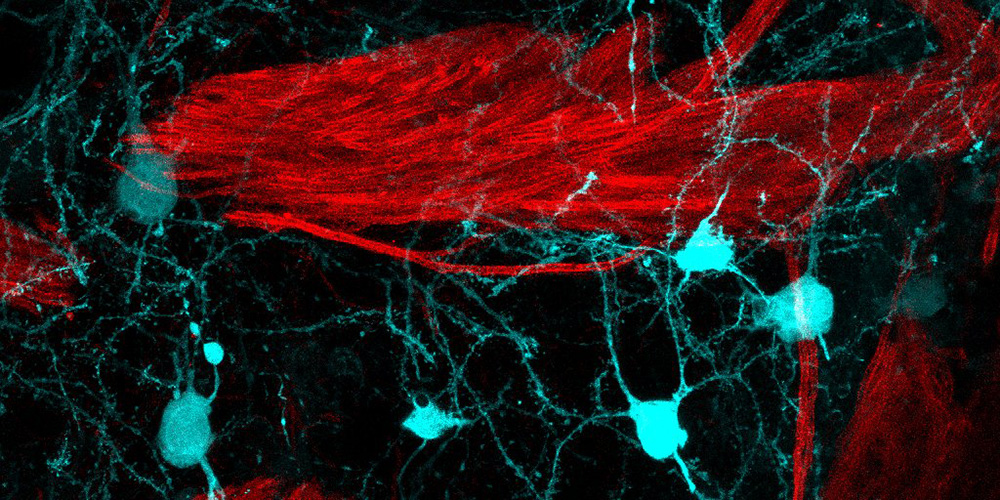
Short exercise sessions can help children build social relationships. This has been demonstrated by researchers from the Department of Sport, Exercise and Health at the University of Basel. An “active” short break could be a fun way to integrate these findings into everyday school life.


